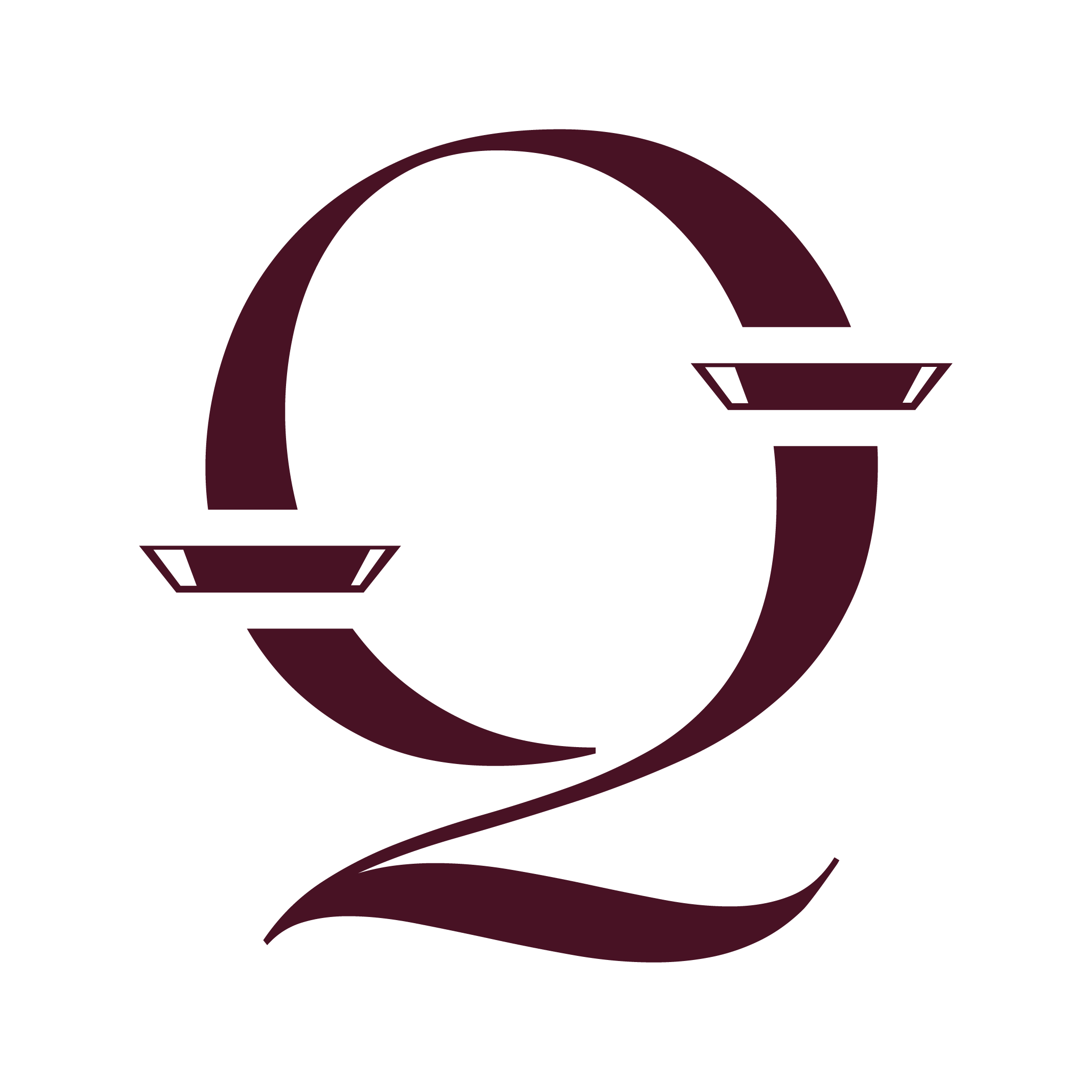Share
Introduction
With the beginning of Ramadan 2025, foreign businesses and investors must be informed of the basics of Islamic Finance if they wish to operate in the United Arab Emirates (UAE). The UAE’s first Islamic bank was established in 1975 and the sector has since seen significant growth. This sector includes “Islamic banks, Islamic windows in conventional banks, and sukuk (Islamic bonds).
Having grown to be one of the largest sectors of the UAE economy, foreign businesses and investors must have a basic understanding of Islamic Finance Law if they wish to operate in the UAE. The purpose of this Article is to provide a basic overview of this subject to assist businesses and investors.
Legal Framework
The legal framework was established in 2018 under the UAE Cabinet Decretal Federal Law No. 14 of 2018. This key legislature established the Higher Shari’ah Authority (HSA) with a purpose to “harmonise and standardise the practices of Islamic financial institutions, aligning them with internationally-recognised Shari’ah standards and widely-recognised practices through collaboration with relevant stakeholders.”
However, investors must consider that different rules apply to certain Free Zones in the UAE.
Key Principles of Islamic Finance
Islamic finance must cooperate with Sharia Law, which is a form of religious law that governs the “spiritual, mental, and physical behaviour that must be followed by Muslims.” In Islamic finance, one of the key principles includes the prohibition of riba (interest), gharar (uncertainty) and maysir (gambling). In “Principles of Islamic Finance: Prohibition of Riba, Gharar and Maysir”, author Md Akther Uddin details the three concepts. The following overview is based on his explanation:
- Riba (interest) loosely translates to interest, but it has a deeper meaning in the original text. Examples include car loans, home loans, term loans, overdraft, hire purchase loans and personal loans. They can also be found in savings and credit cards.
- Gharar (uncertainty) “occurs in all sorts of transactions where the subject matter, the price or the two, are not determined and fixed in advance.” This includes speculative activities in capital markets.
- Maysir (gambling) is straightforward and simply means all forms of gambling or the “easy acquisition of wealth by chance, whether or not it deprives the other’s right.”
Key Legal Challenges and Compliance Risks
Regulatory Differences: despite the establishment of the HSA, its influence varies across various key locations in the UAE. For example, the Dubai International Financial Centre (DIFC) and Abu Dhabi Global Market (ADGM) operate under their own common law and common law inspired systems with their own regulatory bodies:
- Dubai Financial Services Authority (DFSA) – in DIFC
- Financial Services Authority (FSRA) – in ADGM
This can create confusion for investors and businesses looking to operate in the UAE.
Lack of Awareness and Understanding: many foreign investors and businesses are often unaware of the various aspects of the Islamic Finance industry, which creates confusion and limits the scope of the industry. This also poses challenges in integrating Islamic finance in the global financial system.
Compliance Risks: due to the lack of uniform authority across the country, there are often variations in Court rulings that cause further confusion in terms of compliance for investors and businesses.
Conclusion
While the aforementioned Challenges are present, the UAE has done well to address them through the formation of the HSA and various education programs run by the various Islamic financial bodies throughout the country. Ultimately, the UAE can be described as a “thriving hub” for Islamic finance that is only growing and growing. Investors and businesses looking to operate in the UAE would be well advised to study and educate themselves on (at minimum) the basics of Islamic finance.

